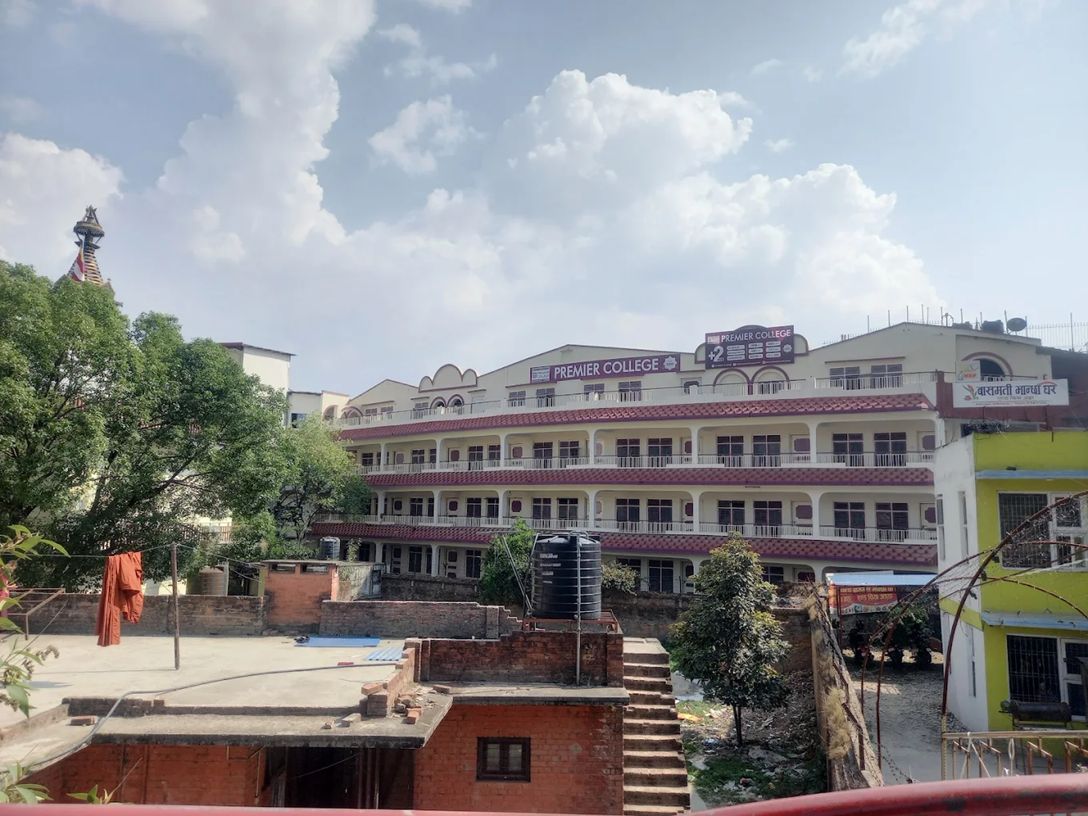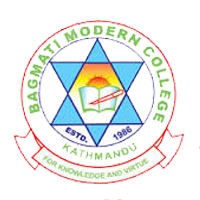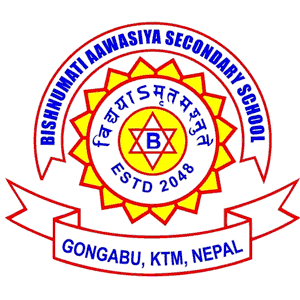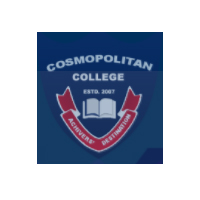Overview
Ten Plus Two (+2) Humanities at Premier College, Kathmandu
Ten Plus Two (+2) Humanities at Premier College, Kathmandu, follows the National Examination Board (NEB) framework for Grade XI–XII. The stream runs at the Aloknagar/Tinkune campus and supports interests in sociology, psychology, population studies, journalism, geography, culture, and literature.
Students and parents often ask for clear facts on eligibility, PPET entrance, subject options, field tasks, and assessment.

Highlights
-
Affiliation: National Examination Board (NEB), Grade XI–XII
-
Stream focus: Social sciences, languages, media, and culture
-
Location: Aloknagar, Tinkune, New Baneshwor, Kathmandu
-
Weekly rhythm: classes, seminars, short presentations, unit tests, and pre-board practice
-
Support: counseling for subject selection, PPET guidance, and exam preparation
Curriculum Details
Premier delivers NEB Humanities across two years. The final subject grid is shared during admission based on sectioning, seat plan, and teacher allocation for the cohort.
Compulsory subjects
-
English
-
Nepali
Core humanities cluster (college allocation)
-
Sociology
-
Psychology
-
Population Studies
-
Mass Communication and Journalism
-
Geography
-
Culture Studies
-
Major English or Major Nepali
-
Economics (as a social science option)
Analytical/tech support options
-
Computer Science (where available)
-
Mathematics (for students who want quantitative support)
How selection works
Students receive counseling before sectioning. The team checks your interests, SEE grades, and future plans (BA, BASW, BJMC, BTTM, BEd, etc.). You then finalize a subject set that balances reading load, writing practice, and any quantitative paper you wish to handle.
Practical and internal work
-
Short field notes for sociology, population, or geography
-
News summaries, page layout basics, or short scripts for journalism
-
Case snippets and reflection logs for psychology
-
Map work or local site observation for geography
-
Language portfolios for Major English/Nepali
Internal marks reflect class tasks, attendance, presentations, and periodic tests as per NEB for the running batch.
Objectives
-
Build strong reading, writing, and presentation habits suitable for social sciences.
-
Introduce research basics: question framing, tools, ethics, and short reports.
-
Strengthen awareness of Nepal’s social structure, population trends, culture, and media.
-
Encourage disciplined study routines that carry into bachelor programs.
Scope
The Humanities stream opens routes to BA specializations, BASW/BSW, BJMC, BTTM, BEd (English/Nepali/Social Studies), Rural Development, Gender Studies, Development Studies, and similar fields under respective university rules. Students who prefer work exposure after +2 often step into content writing, front desk and documentation, community outreach support, or junior roles in media houses while preparing for bachelor admissions.
Learning Outcomes
-
Read articles, policies, and reports with a clear note-making method.
-
Write summaries, opinion pieces, case notes, and brief research reports.
-
Use basic research tools: questionnaires, observation checklists, interview guides.
-
Present ideas in group settings and respond to viva-style questions.
-
Interpret maps, charts, and tables common to social science subjects.
-
Apply simple statistics for population or survey data when required.
Skill Development Modules
-
Academic writing: paragraph control, cohesion, referencing basics, and proofing.
-
Field observation: plan a short visit, collect notes, and write a clean record.
-
Media literacy: news structure, headline practice, and source evaluation.
-
Data sense: percentages, ratios, simple graphs, and error checks.
-
Communication: presentations with slides, panel discussions, and interviews.
-
Study skills: planner use, past-paper drills, and spaced revision.
Teaching Methodology
Classes balance concept lessons, readings, and guided discussion. Teachers assign short response papers that keep writing practice steady.
Seminars and presentation slots help you speak clearly for three to five minutes with visual support.
Library periods encourage reading beyond the textbook. Computer access supports formatting, simple data work, and portfolio organization.
Regular checks keep progress visible:
-
Topic quizzes and unit tests
-
Draft reviews with comments on clarity and structure
-
Mid-term checks and pre-board practice in Grade XII
-
Feedback cycles that point out specific steps to improve
Admission Requirements
-
Qualification: SEE or equivalent from a recognized board
-
Minimum grades (institution guideline): D+ aggregate for Humanities
-
Process: application form, document check (SEE marksheet, character certificate, photos), Premier Plus-Two Entrance Test (PPET), and a brief interview in the presence of a parent/guardian
-
Finalization: sectioning and subject allocation after fee formalities within the notice window
Carry originals and photocopies. Keep recent passport-sized photos and a reachable contact number for notices and schedules.
Career Opportunities
Humanities builds skills used across offices, media, and community programs. Early roles include content assistant, admissions/front desk, field mobilizer, documentation assistant, media room trainee, or research support. Many students continue straight to bachelor study, then return to internships with clearer focus.
Simple scenario
You choose English, Sociology, and Journalism with Computer Science as support. You build a small writing portfolio and complete a short field task on community media habits.
After Grade XII, you apply for BJMC or BA with English, using your portfolio during interviews. You continue part-time content work while studying, which helps when applying for newsroom or NGO internships.
Scholarships and Financial Aid
Premier announces scholarship categories during admission. Students may apply under merit-linked criteria (SEE grades), entrance-linked criteria (PPET performance), or need-linked criteria depending on the running policy.
Gather mark sheets, identity documents, and any supporting letters in advance, since scholarship deadlines often sit close to class start.
Why Choose This Course?
-
NEB-recognized pathway focused on languages, social sciences, media, and culture.
-
Subject combinations that fit varied goals: BA majors, BASW/BSW, BJMC, BEd, BTTM.
-
Steady writing and presentation practice that improves performance in interviews and entrance rounds.
-
Kathmandu location that supports library use, workshops, and field visits.
-
Assessment rhythm—unit tests, mid-term, and pre-board—that reduces surprises on the final exam day.
Conclusion
Ten Plus Two (+2) Humanities at Premier College, Kathmandu offers a clear route from school-level study to degree programs that value writing, critical reading, and field awareness. The subject mix, practical tasks, and feedback cycles help you build a portfolio that supports both admissions and early work experience.
If Humanities matches your interests, prepare documents early, sit the PPET calmly, and follow a weekly reading and writing plan so NEB exams feel manageable and your next step after +2 remains clear.























